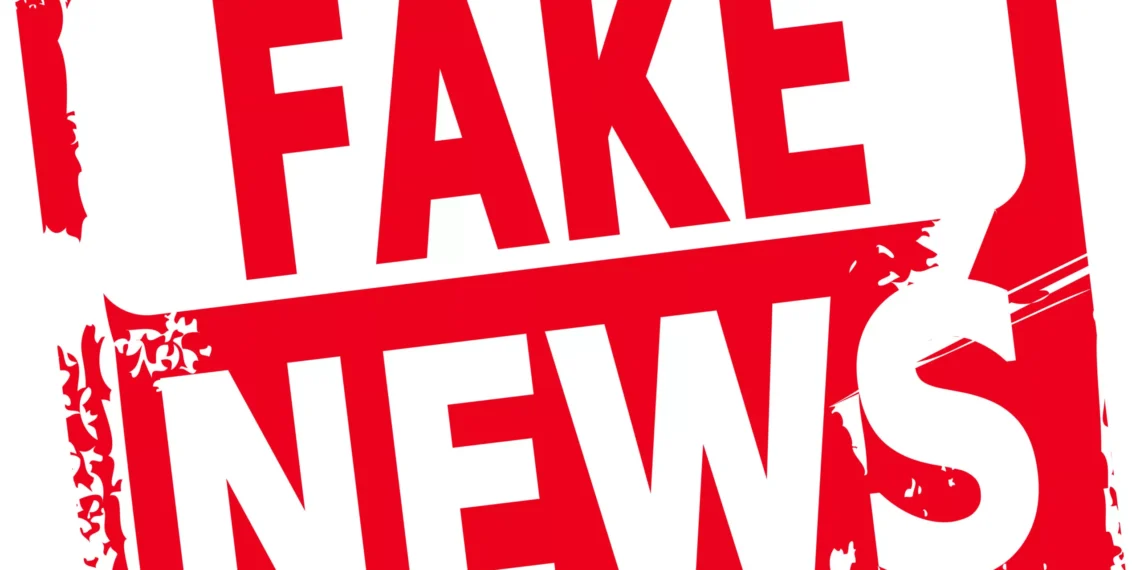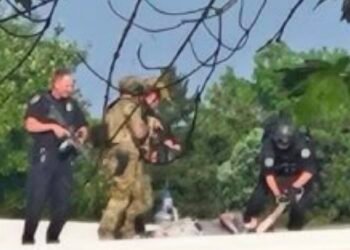A significant discrepancy exists in media coverage of the restrictions in Lilong, Manipur, with many outlets falsely labeling them a “curfew.” This report explains the provisions of Section 163 BNSS, the likely legal basis for the curbs, and underscores the potential for public anxiety and misinformation caused by the inaccurate terminology.
April 8, 2025 – A wave of inaccurate reporting has swept across various media outlets regarding the imposition of restrictions in Lilong village, Manipur, following recent tensions. Numerous news organizations have erroneously described the measures enacted as a “curfew,” sparking unnecessary alarm and misrepresenting the actual legal provisions invoked.
Initial reports, seemingly stemming from local updates and quickly amplified by national media, incorrectly labeled the restrictions as a blanket curfew. This mischaracterization has led to confusion among residents and observers alike, painting a picture of a complete lockdown that may not accurately reflect the situation on the ground.
Examples of Misleading Headlines:
Several prominent media outlets have contributed to this misreporting. Examples of headlines that have appeared include:
- “Curfew Imposed in Lilong Following Clashes”
- “Manipur: Lilong Under Curfew Amid Security Concerns”
- “Curfew Declared in Lilong Village After Flare-Up”
- “Authorities Clamp Down on Lilong with Curfew Orders”
ALSO READ: Young Kuki Slams Global Liangmai’s Claims in Land Dispute
These headlines, while perhaps intending to convey the seriousness of the situation, inaccurately use the term “curfew” when the restrictions are reportedly imposed under Section 163 of the Bharatiya Nyaya Sanhita, 2023 (BNSS).
Section 163 of the Bharatiya Nyaya Sanhita, 2023:
Section 163 of the Bharatiya Nyaya Sanhita, 2023, which has replaced Section 144 of the Code of Criminal Procedure (CrPC), empowers the District Magistrate, Sub-divisional Magistrate, or any other Executive Magistrate specially empowered by the State Government in this 1 behalf, to issue directions under specific circumstances.
This section allows for the issuance of orders to prevent and address various situations, including:
- Obstruction, annoyance, or injury to persons lawfully employed.
- Disturbance of the public peace or safety.
- Rioting, affray, or unlawful assembly.
The orders issued under Section 163 can direct any person to:
- Abstain from a certain act.
- Take certain order with respect to certain property in their possession or under their management.
Crucially, while orders under Section 163 can include restrictions on movement, they are not necessarily a blanket “curfew” in the traditional sense. A curfew typically implies a complete prohibition of movement of persons within a specified area during specific hours, often enforced strictly by security forces.
ALSO READ: Naga Students Demand AFSPA Repeal, Target Indian Army
The restrictions imposed under Section 163 are often more nuanced and targeted, potentially focusing on specific activities, gatherings, or the movement of certain individuals, rather than a complete lockdown of the entire population.
The misreporting of these restrictions as a “curfew” can have several negative consequences:
- Increased Public Anxiety: The term “curfew” often evokes a sense of extreme emergency and can unnecessarily heighten fear and anxiety among the residents of Lilong and the wider public.
- Misinformation and Confusion: It creates a false understanding of the actual limitations in place, potentially leading to residents unknowingly violating the specific orders issued.
- Erosion of Trust in Media: Inaccurate reporting on sensitive situations can damage the credibility of media outlets in the eyes of the public.
It is imperative that the local authorities in Manipur issue a clear and precise statement outlining the exact nature of the restrictions imposed in Lilong, explicitly referencing Section 163 BNSS and detailing the specific prohibitions and permissions in place. This will help to dispel the misinformation and ensure that residents are accurately informed about the measures affecting their daily lives.
Media organizations are also urged to exercise greater caution and verify the legal basis of such restrictions before disseminating information, especially in sensitive and potentially volatile situations. Accurate reporting is crucial to maintaining public trust and ensuring that the public is informed, not alarmed, by the actions of the authorities.














